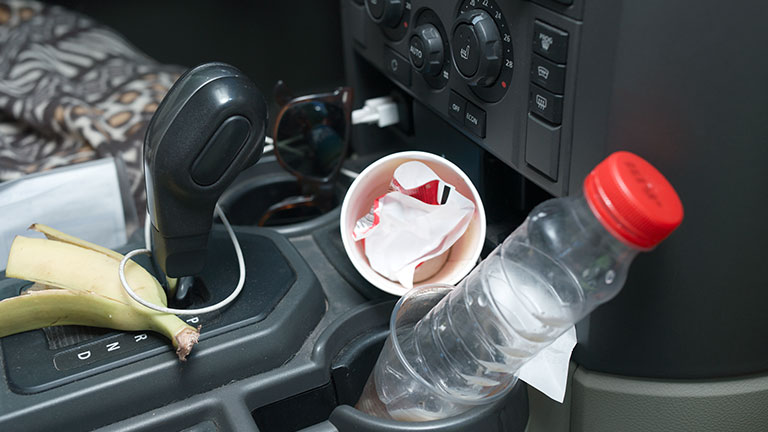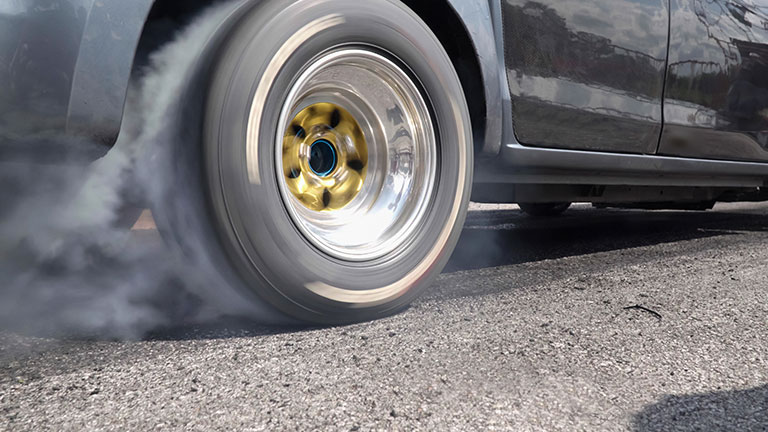Why Does My Car Smell? Finding the Source of Vehicle Odors
From musty filters to coolant leaks, learn how to track down and fix the most common vehicle odors


When his car was totaled after being rear-ended, my husband searched the country for a pre-owned vehicle of the same make and model. He was thrilled when he located a two-year-old replacement with only 6,000 miles on it, and he purchased it after a pre-buy assessment. It took two months to discover a problem: a funky odor—best described as stale beer—that greeted us each time we opened a door that summer.
Scott Fogle, AAA District Director of Car Care for the Toledo/Columbus, Ohio, region, offered these tips for discovering the source of foul vehicle odors, some of which can indicate mechanical issues that should be addressed.

Musty, moldy, sour: This could be as simple as a dirty cabin air filter. Most owners can change their own, says Fogle, who also advised looking behind the air filter for accumulated debris. Change the filter every two years or 24,000 miles—sooner if anyone smokes in the vehicle or you drive in dusty or smoky conditions.
If a clean filter doesn’t help, a mechanic can look for water accumulation from such culprits as previous flooding/water damage and clogged sunroof or air conditioning drains.

Spoiled food/liquid: Prevention is key here. When spills happen, clean thoroughly as soon as possible using a carpet extractor to pull debris embedded in the carpet fibers and carpet pad. Buy products made specifically for the automotive surfaces you need to clean and be sure to read labels to avoid damaging touchscreens, leather, fabrics and other interior components, Fogle advises.
Other smells can be warning signs of a more serious problem that a mechanic needs to address. These include the following.
Sweet: This smell often indicates a coolant leak. Closely monitor your temperature gauge; if it’s higher than normal or rising, pull over and let the engine cool down. Ignoring this can lead to overheating or engine damage.
Rotten egg: See a mechanic as this may signal an exhaust system failure, including the car’s catalytic converter.
Gasoline: You could have a fuel leak, faulty gas cap or something else going on with the fuel system that a mechanic can suss out.

Burning rubber: This smell can be a sign of a worn clutch in a manual transmission vehicle, or it might involve loose or damaged belts and hoses, which need to be repaired or replaced.
Burning oil: This suggests a concern under the hood, from low engine oil to an oil leak.
Fogle says he sees many vehicle owners who choose to live with a stubbornly stinky vehicle. You shouldn’t. If you’ve ignored your vehicle’s odor for a while, it’s time to investigate the source.
